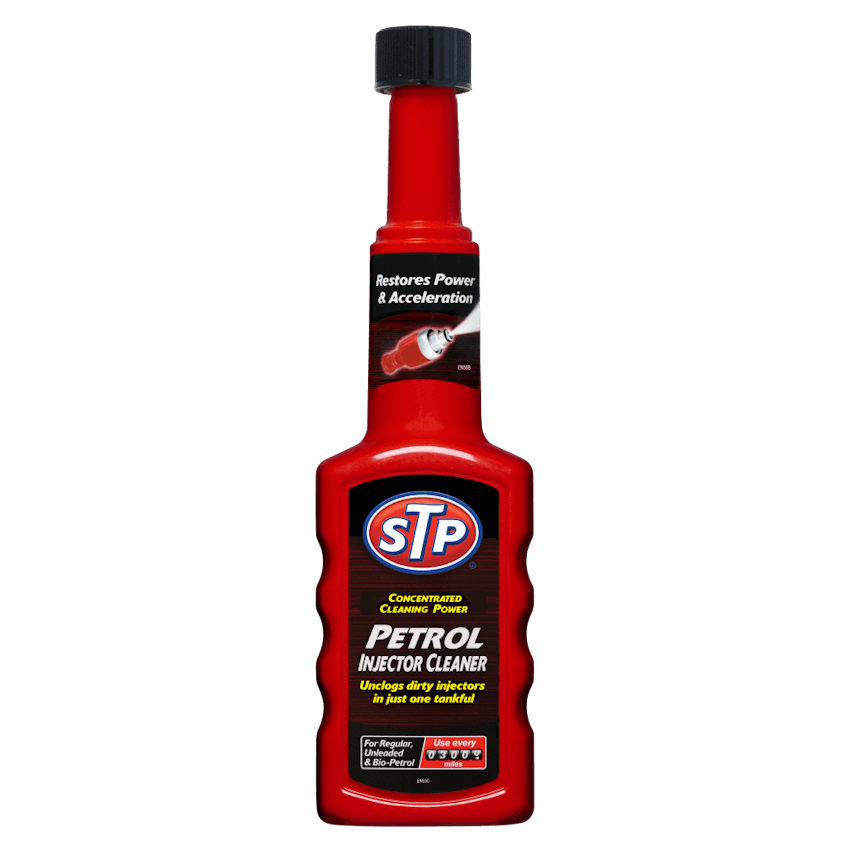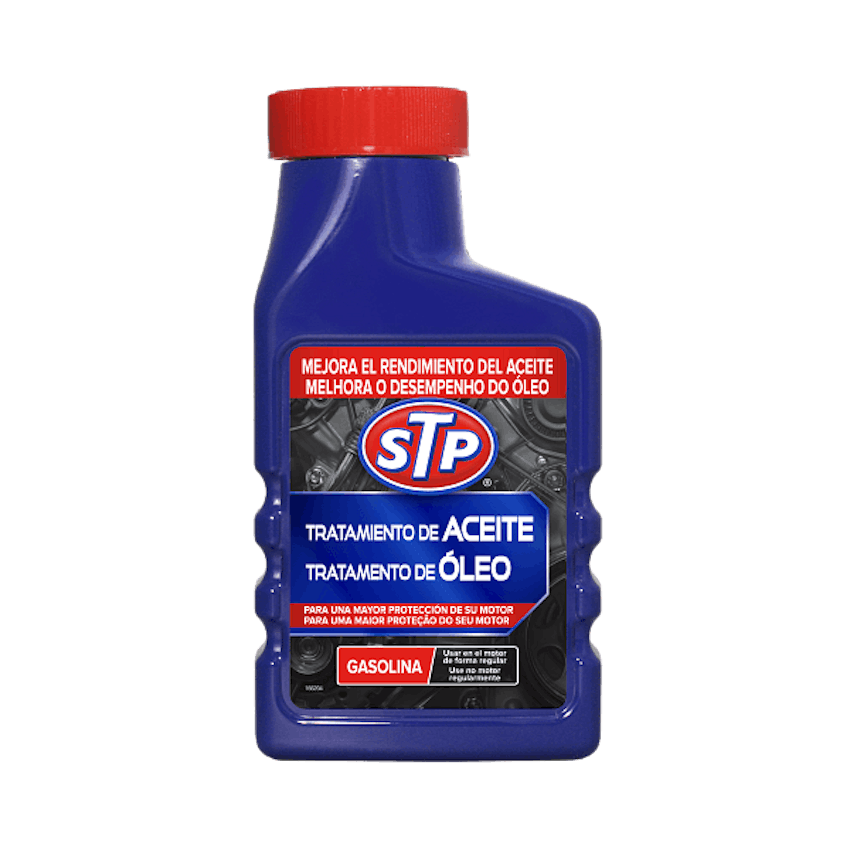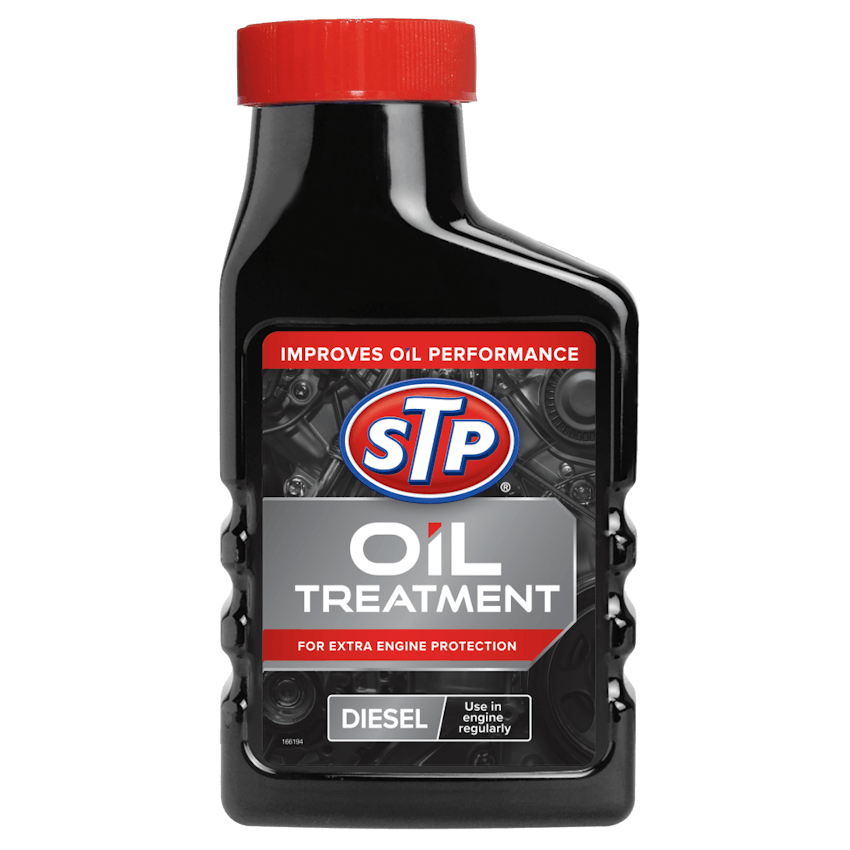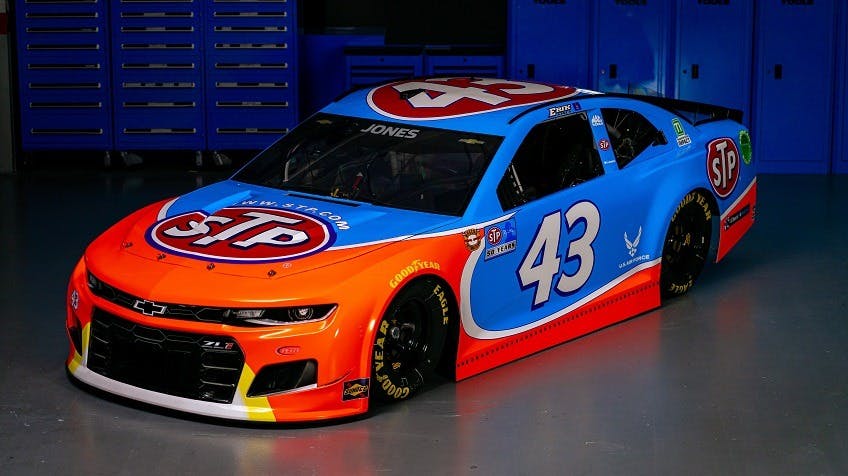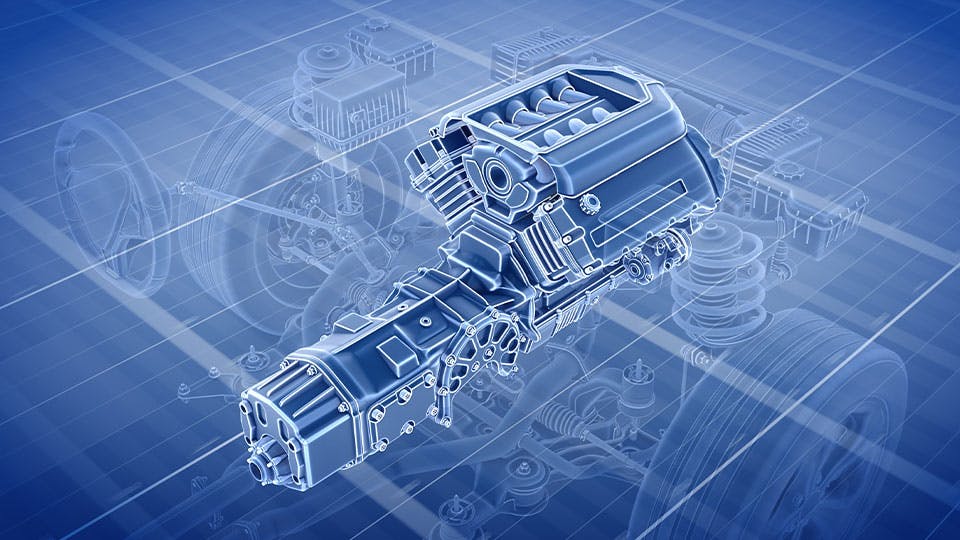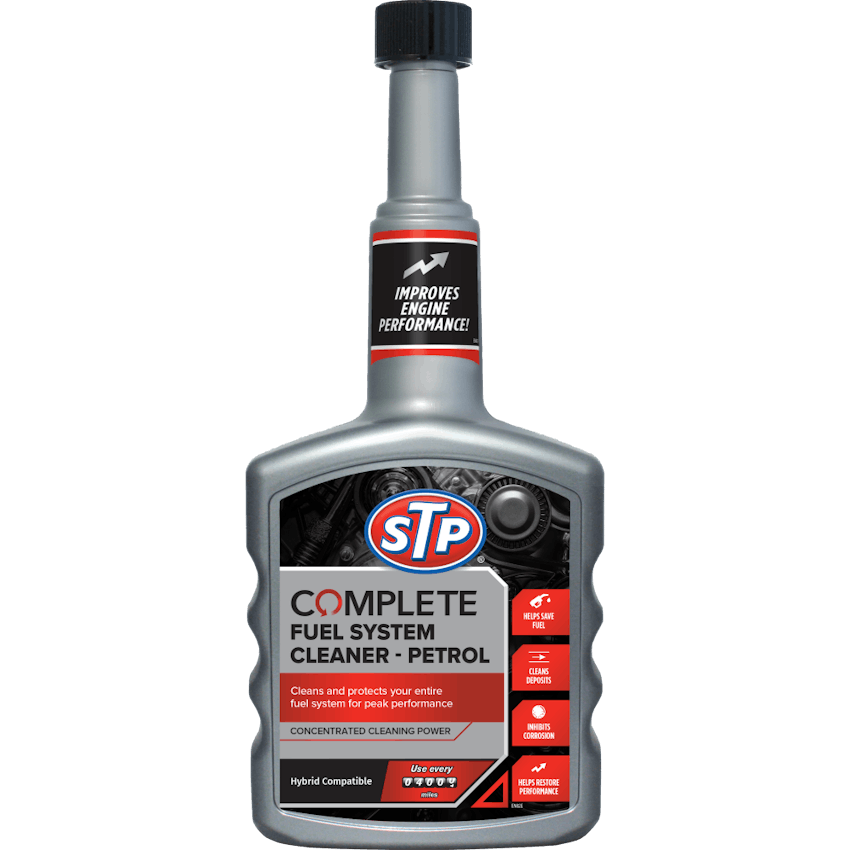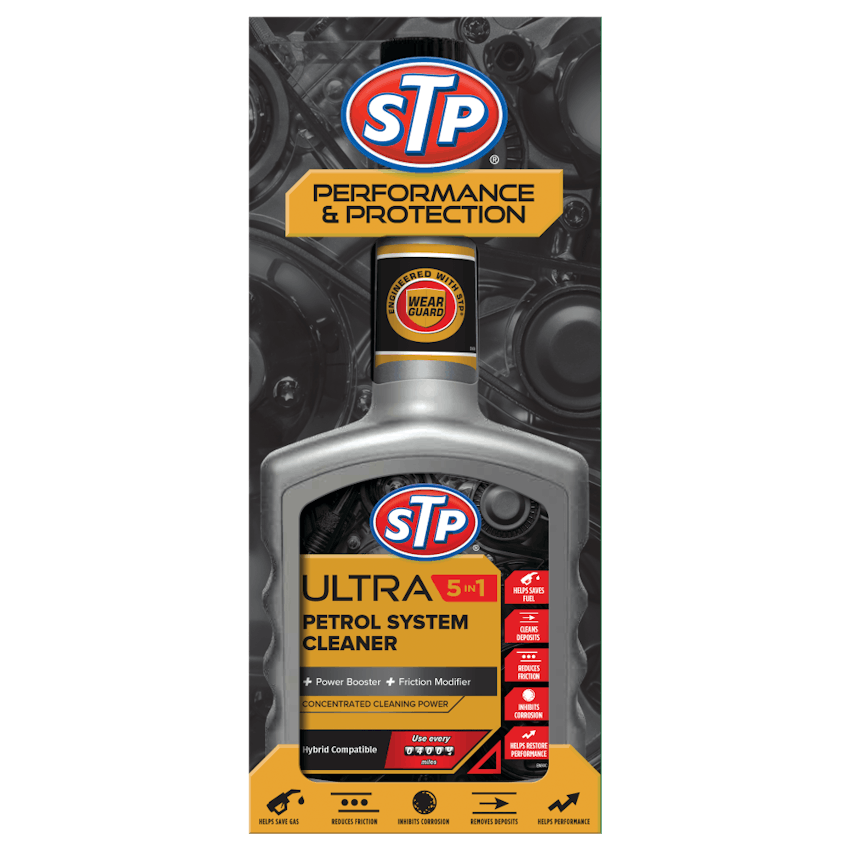Gas-Saving Tips

Table of contents
Monitor Tyre Pressure
According to industry sources, underinflated tyres cut fuel economy by as much as 2% for each missing pound of pressure. If your tyres are underinflated, your engine will have to work harder to push your vehicle.
Keep in mind that warm tyres can give an inaccurate reading, because heat buildup increases tyre pressure. Be sure to check your tyres' air pressure when they haven’t been driven for more than a mile. Make sure that your tyres are inflated in accordance with your owner’s manual - overinflating will result in a harder ride.
Check Gas Flow (Combustion)
Making sure your gas flow is not blocked is vital to getting the most gas for your money. Optimal use of your fuel is helped through the removal of deposits on your fuel injectors. Deposits have been found to start forming in as few as 1,500 miles.
Studies have shown that deposits can decrease your fuel efficiency by as much as 11 percent. A great way to keep deposits from accumulating in your fuel system is to use STP® Petrol Treatment, which contains jet fuel, every time you fill up.
Watch Your Weight
Make sure that the weight in your car is properly distributed. Don’t carry a lot on top of your car, and if you do, be sure to use a carrier so it is distributed more evenly. Also, carry only basic emergency equipment and items you really need in your trunk.
Consider Aerodynamics
The amount of resistance put on your car can have an effect on the fuel economy. The faster you drive, the more the aerodynamic drag increases. Remove bike racks or carriers when they are not being used - they can add unnecessary resistance to your vehicle.
Use Fuel Additives
STP® Fuel Additives are formulated to maximize fuel efficiency and save gas by keeping the fuel intake system clean. Learn more about STP fuel additives and which one is right for you.

